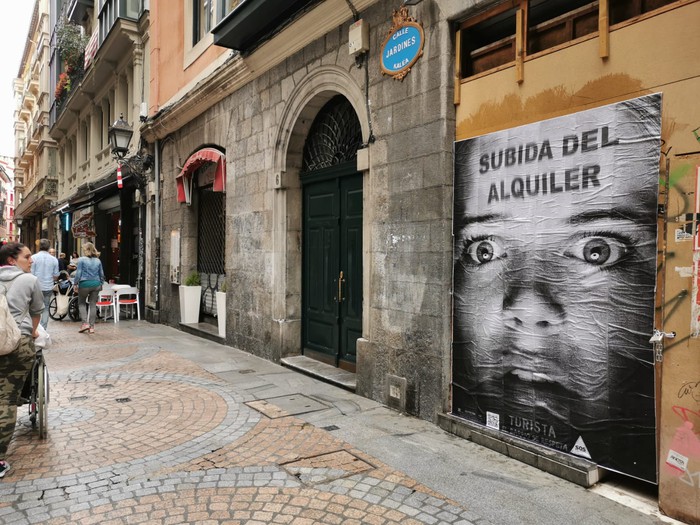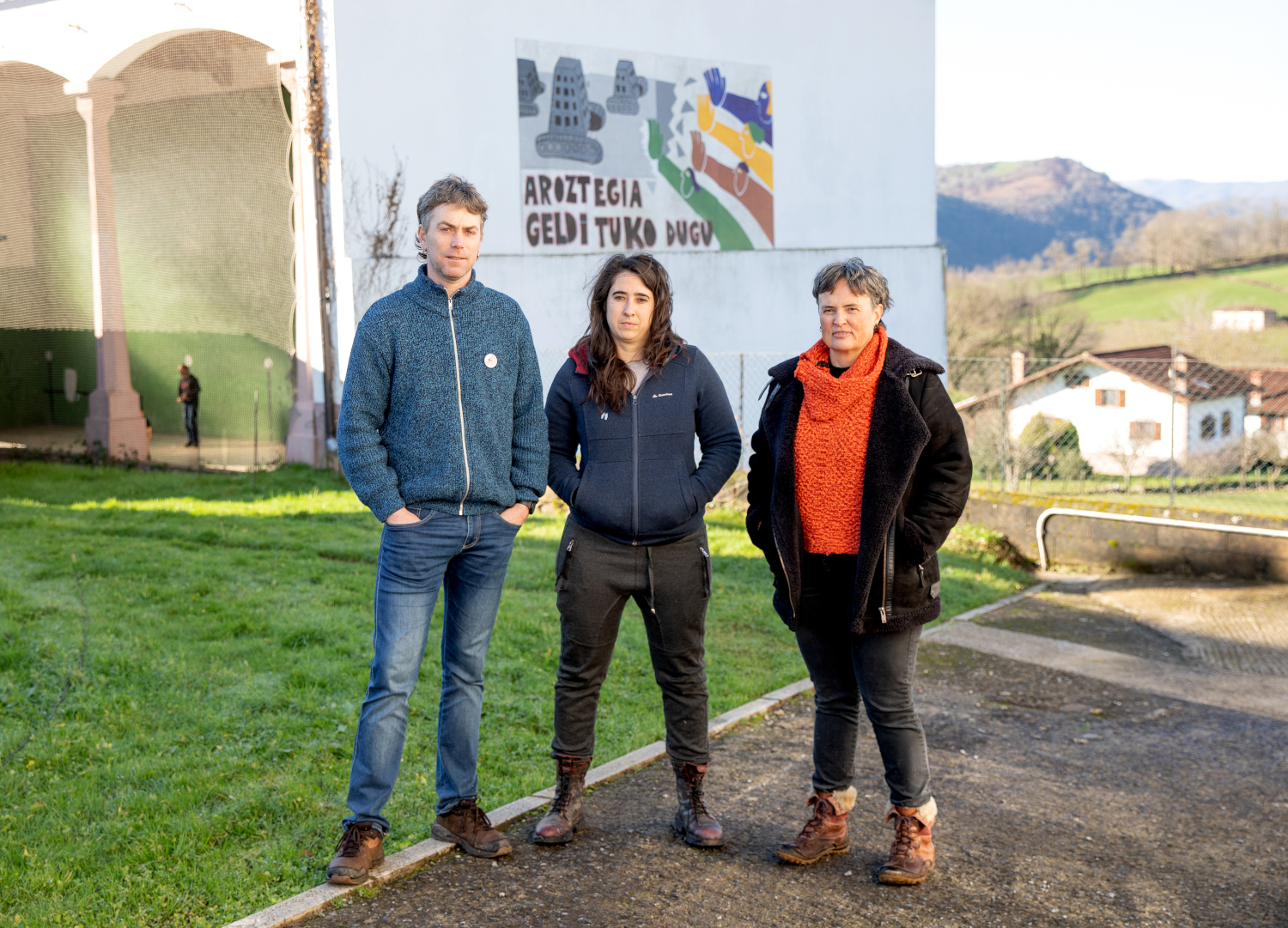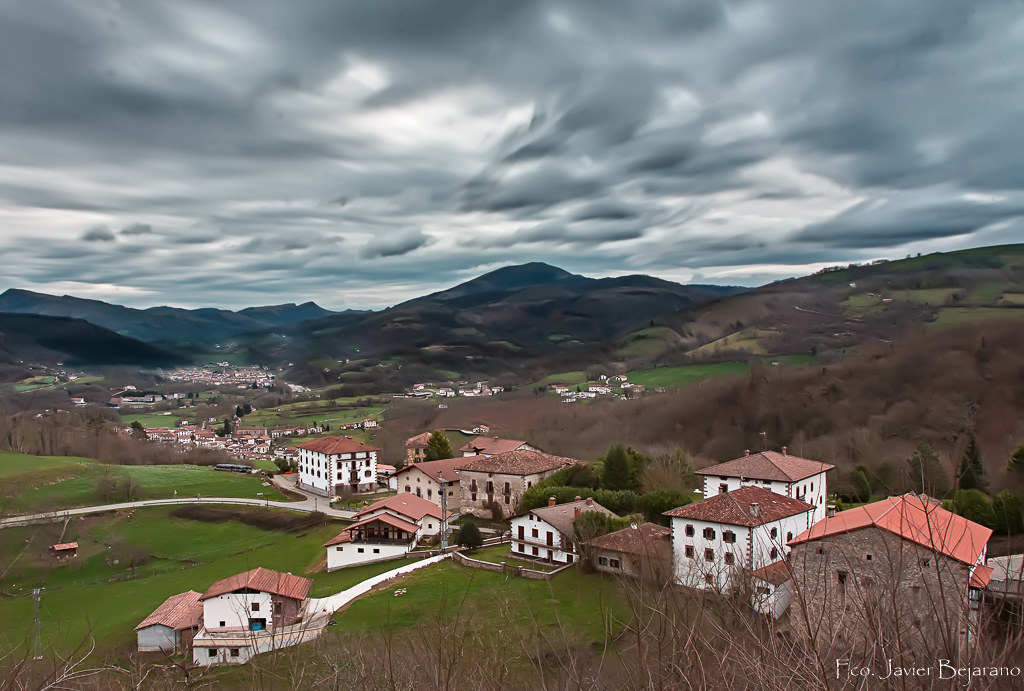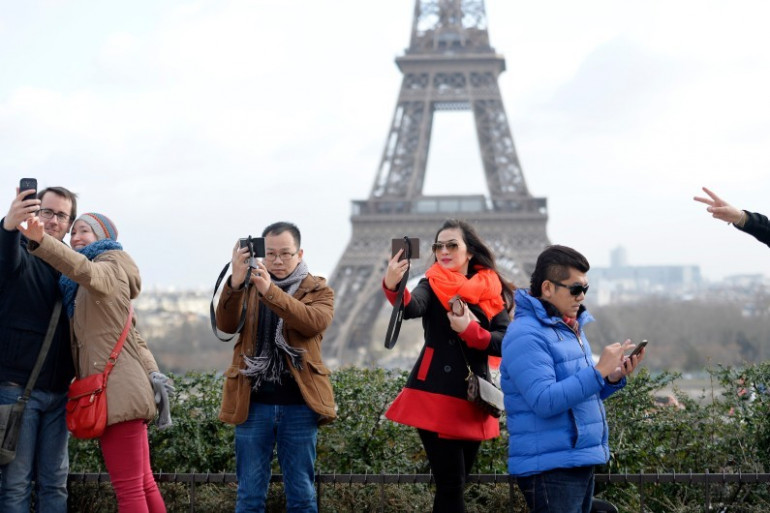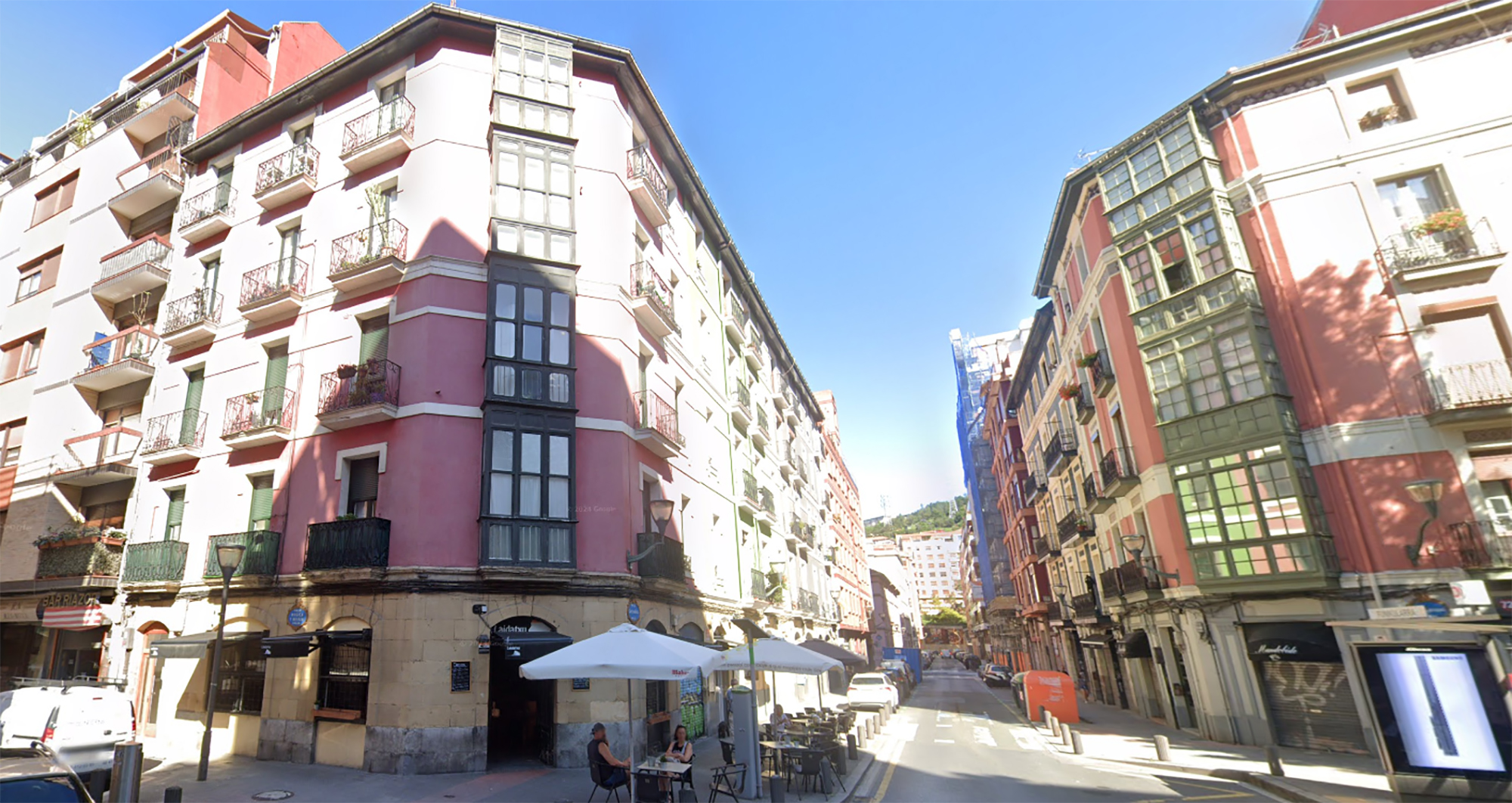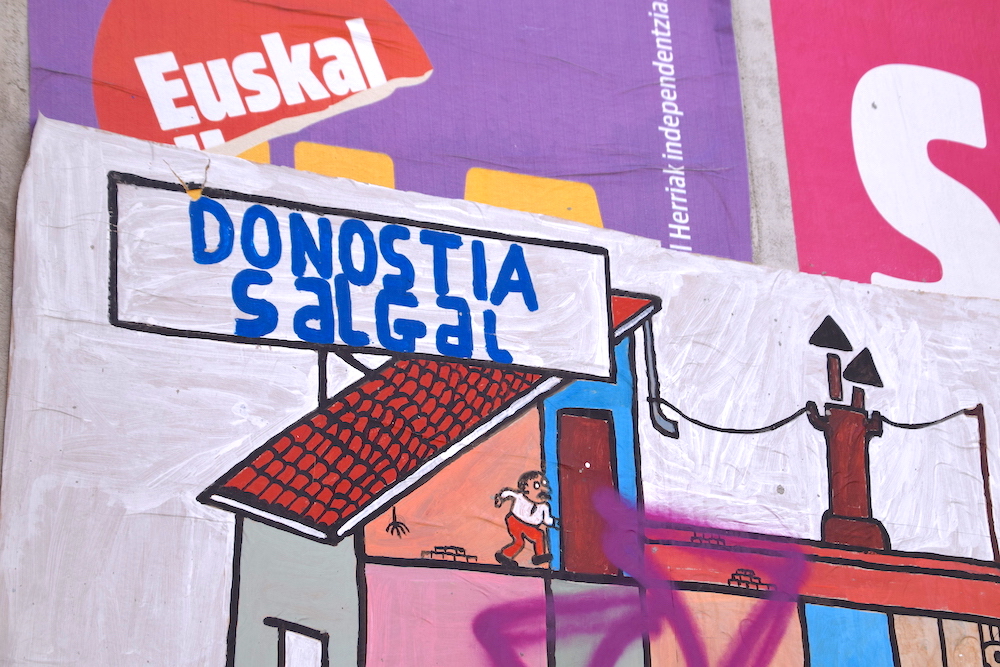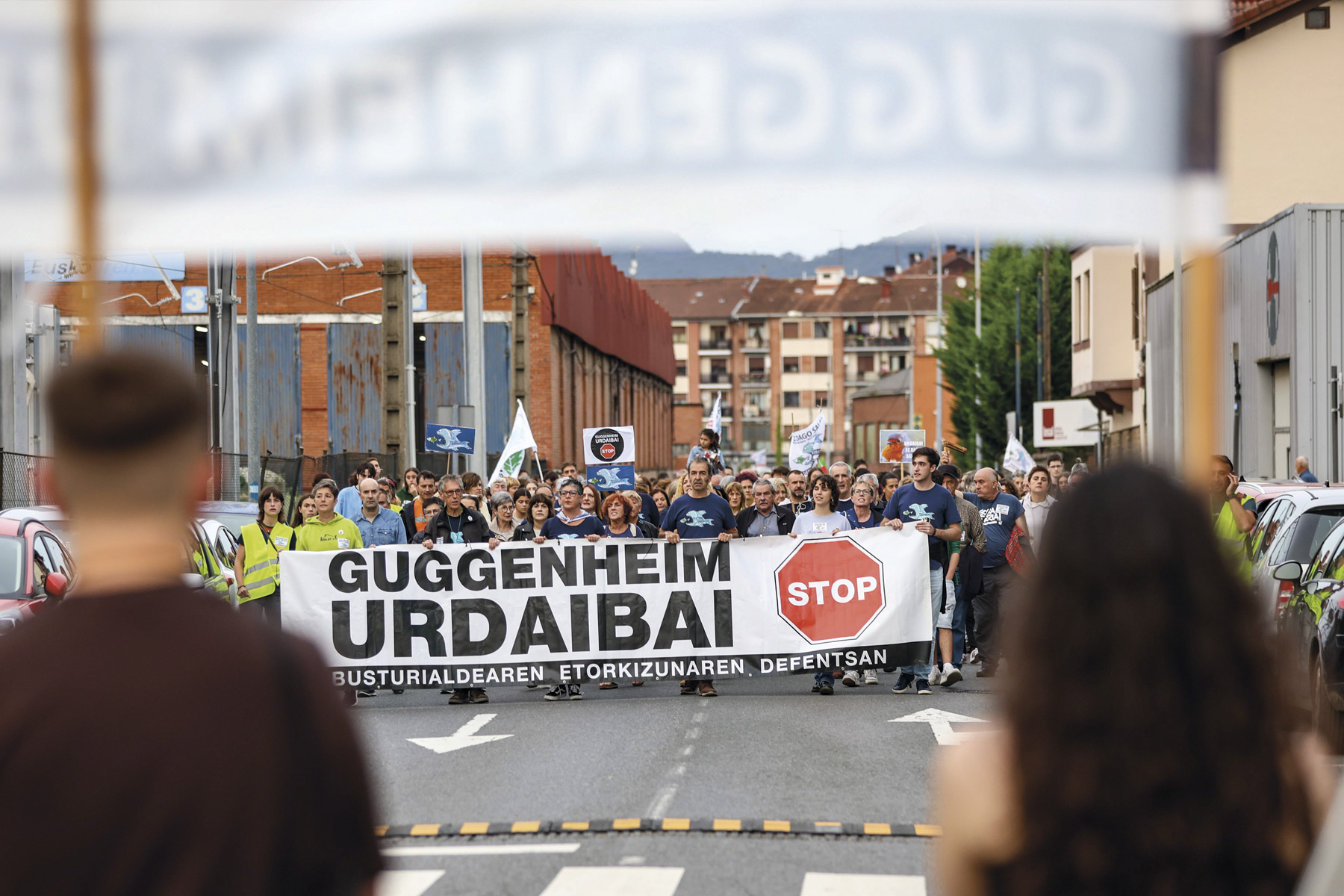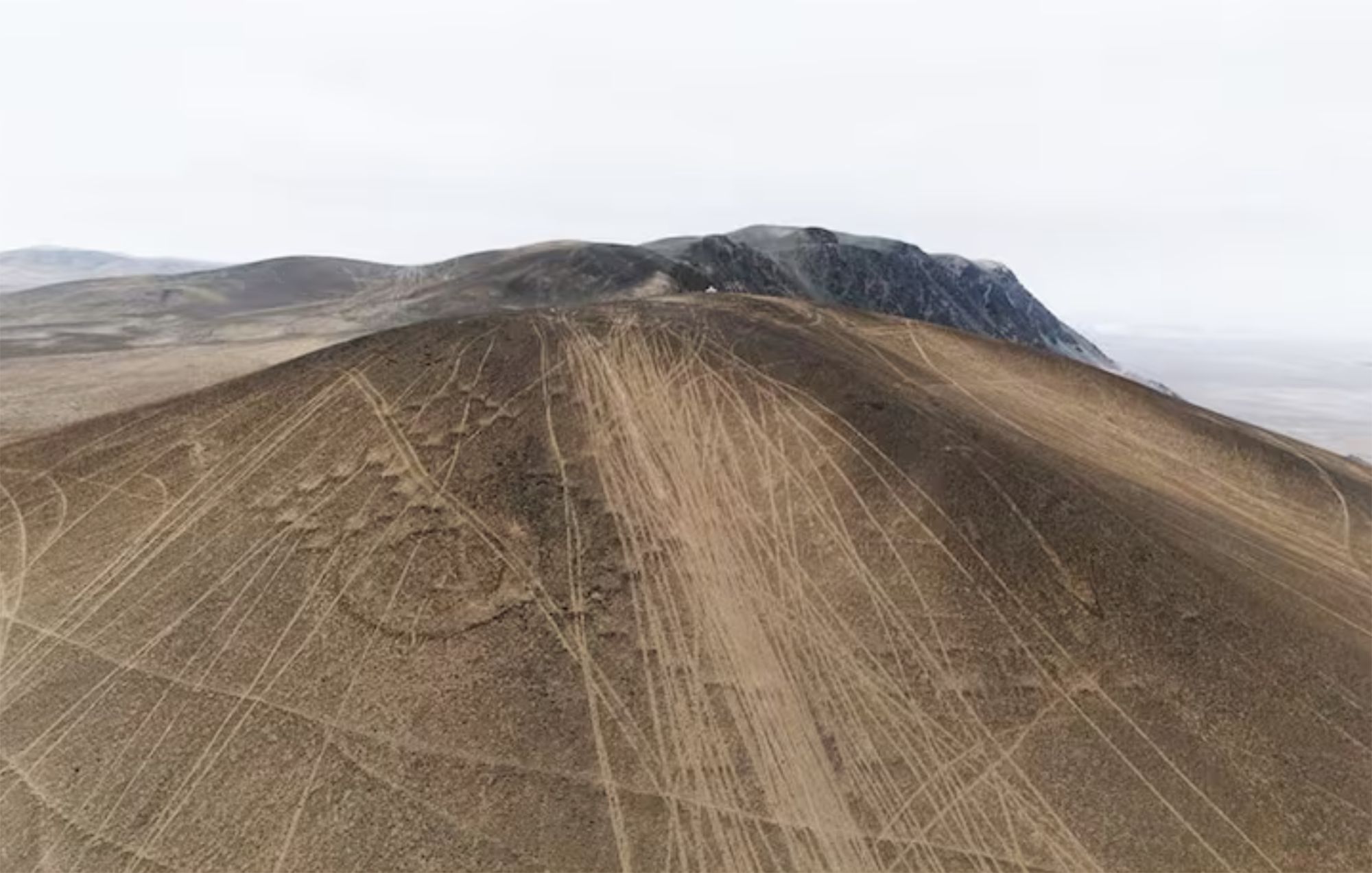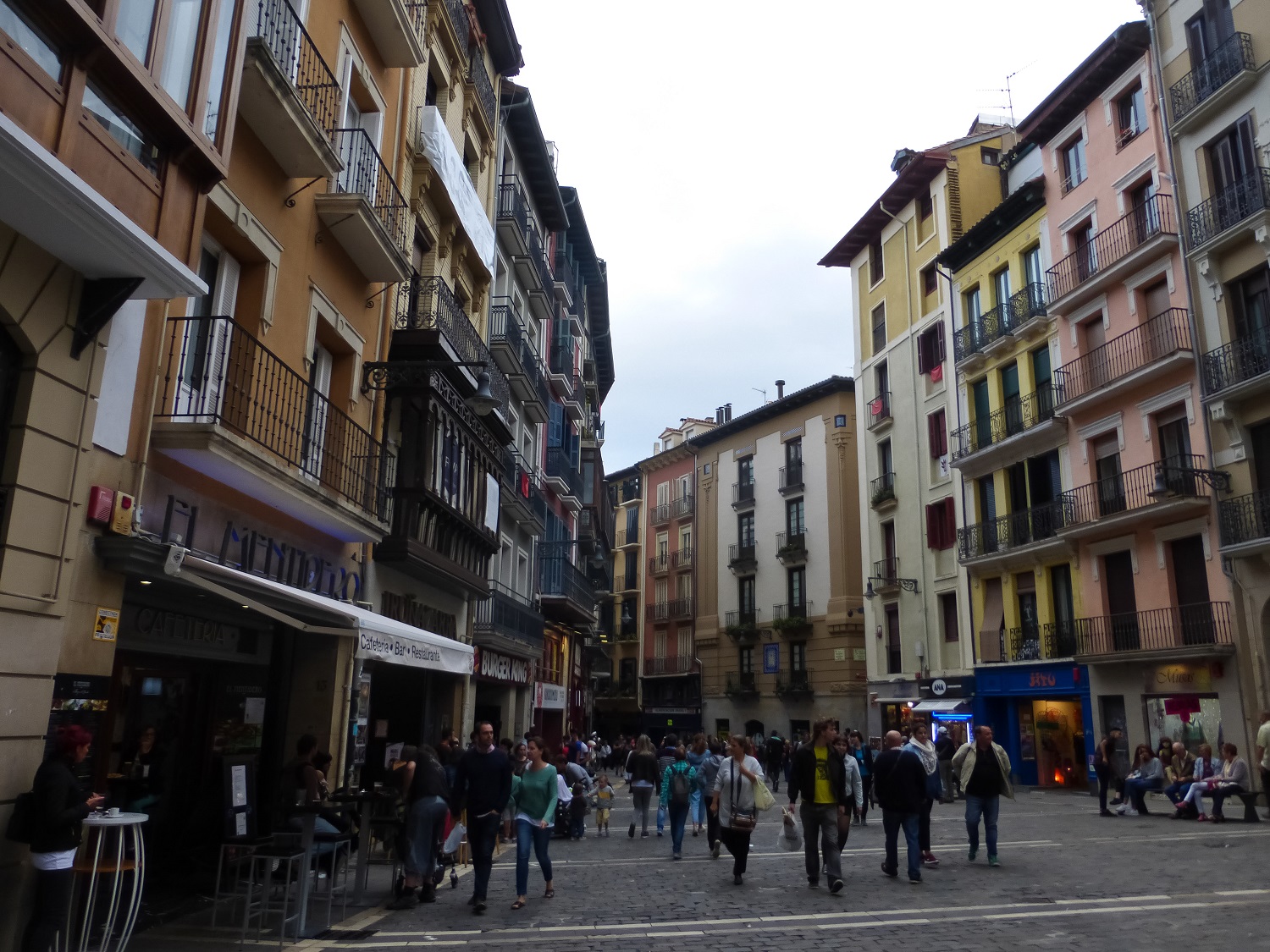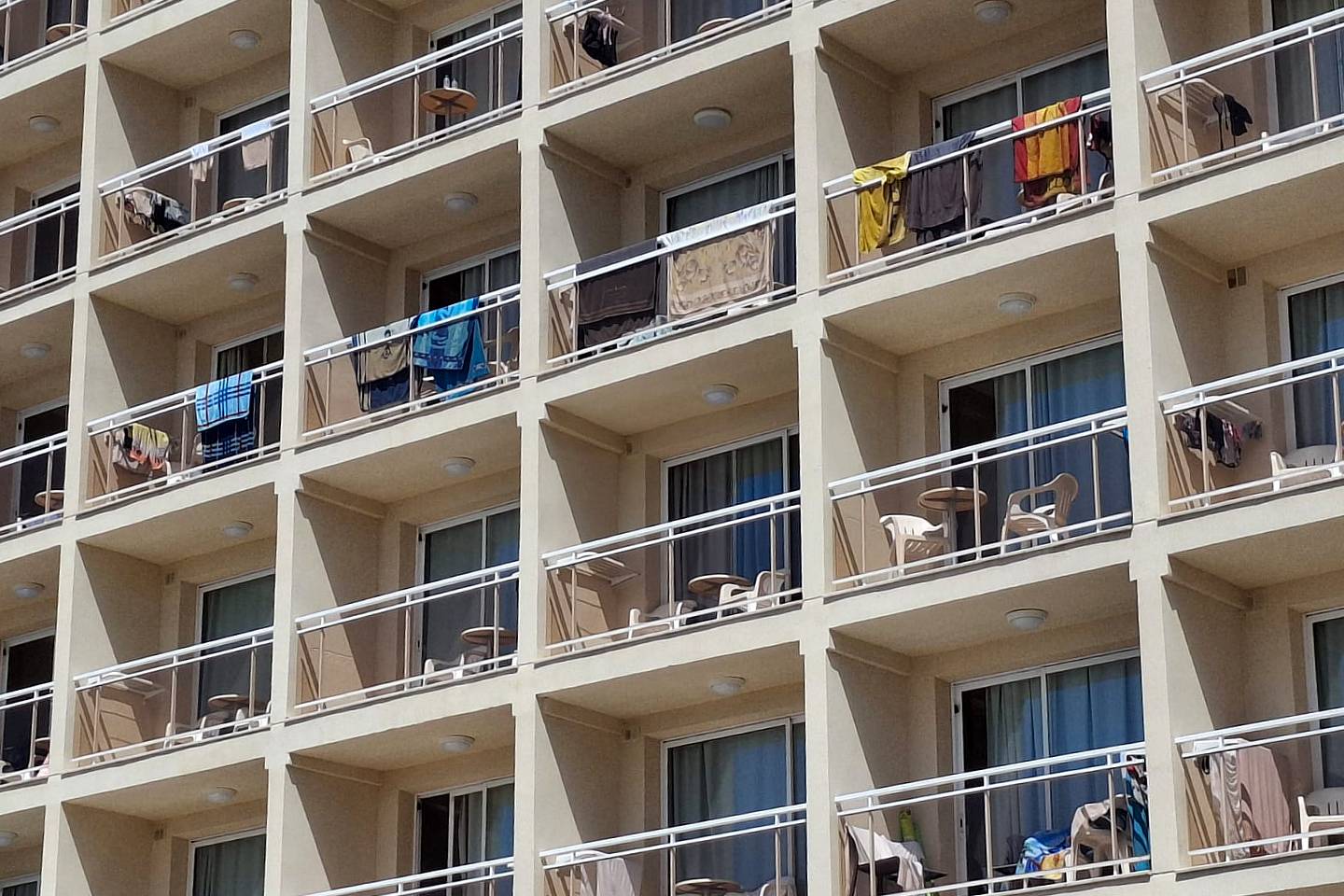October against Turistification was rounded off last Sunday with a multitudinous demonstration in favor of the tourist growth of the Bizilagunak platform, but the debate on turistification is still alive in the city. In particular, they have contacted the tourism of... [+]
New Airbnb initiative: “A Gift Night for Those Who Travel to Bilbao”
- The Airbnb platform starts October 18 with the First Night initiative on our own. The initiative will be launched in four State cities, with a section in Bilbao.

According to data published by the Airbnb platform, searches for long-term stays in Bilbao have doubled in the first semester of 2021 compared to 2019. In addition, 11 per cent of cases are family or group trips, as reported by the Basque Department of Security.
Based on this semester of this year’s data, Airbnb has launched the campaign “to increase the city’s tourism and contribute to the boost of the local economy of medium-sized cities,” according to the platform. Each voucher will have a discount of 100 euros, which can only be used on Airbnb stays, depending on which customers “will have more budget for use in local shops and restaurants.”
The tourist apartments, the two sides of the same coin
Without knowing the usage data of the Airbnb platform, they have noticed the rise of tourism in the Casco Viejo de Bilbao in recent years and on more than one occasion they have denounced that “they suffer the consequences of massive and invasive tourism, both in the Casco Viejo and throughout Bilbao”.
However, especially in the Old Town they “suffer” the direct consequences of tourists’ stays. In this sense, the collective SOS Alde Zaharra has stressed that the fact that the tourist apartments “are everywhere” directly influences the daily life of the neighbors and neighbors because “in addition to increasing the prices of the premises and the housing and the noise of the street, the small merchants of the neighborhood and their jobs are continuously marginalized”.
The resident association of Bihotzean Alde Zaharra has also accused the City Council of Bilbao of “putting red carpet on tourists”, as long as “it does not take into account the complaints and needs of the neighbours”. To denounce the consequences of mass tourism, last week the collective SOS Alde Zaharra pasted several photos on the walls of the neighborhood where one could read the "rent hike" or "precariousness".
Ilbeltzeko igande goiz batez jo dugu Baztanera. Eguzkiak oraindik ez du Lekarozko plaza argitu; bertan elkartu gara Garbiñe Elizegi Narbarte, Itziar Torres Letona eta Ernesto Prat Urzainkirekin. Itzaletan hotz egiten du eta umorez goxatu dugu lehen agurra, hogei urtean... [+]
The Atacama Desert Foundation has denounced on social networks the destruction of the geoglyphs of the area and, through several photographs, has shown the destruction that visitors who travel in 4x4 vehicles to the desert are causing. These are large geoglyphs made between 1000... [+]
Close the computer, put on chanclets, stroke with the sun cream. Where are you going on holiday? We've normalized that vacation is going somewhere, because rest needs distance, we say. And when we make the journey, we will become tourists, even if the change of denomination... [+]
The pintxos of many bars in the Old Part of Donostiarra come to serve in a van with permission to access the old part of Donostia. In the other bars, to eat the potato tortilla pintxo they prepare, you have to queue and take the turn when the morning van enters the old town. A... [+]




